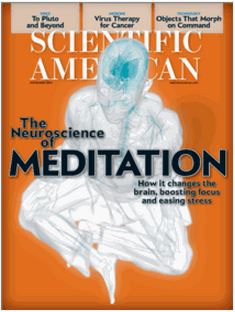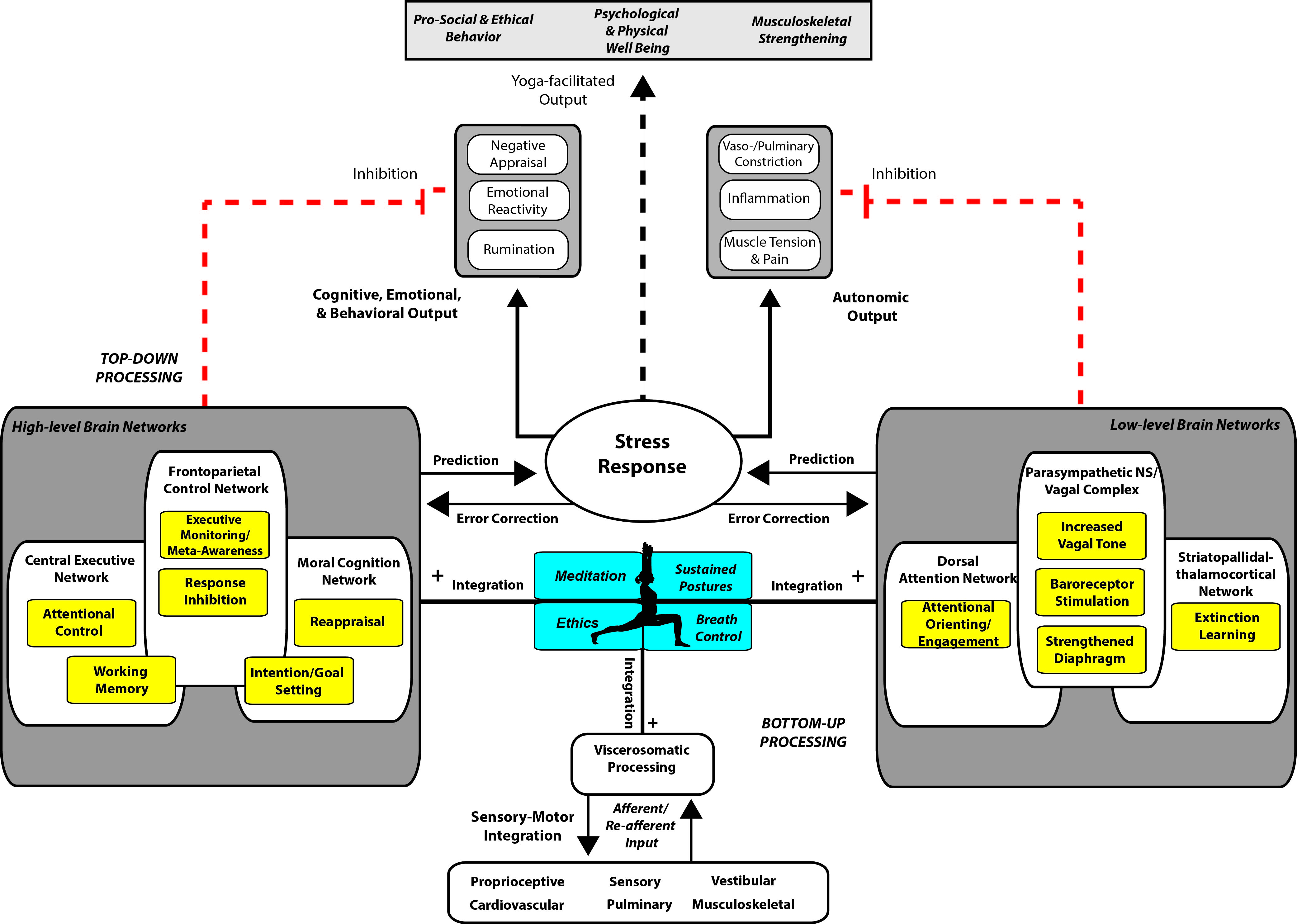- Home
- Research
- News & Press
- Mindfulness Resources
- How to Meditate – Links for Guided Meditation Practice
- Starting a Meditation Practice
- Contemplative Science Research Centers
- RoundGlass
- Suggested Reading List
- Grants for Contemplative Sciences & Research-related Resources
- Osher Collaborative for Integrative Medicine
- Meditation Research Consortia
- Conferences on Contemplative Science
- Mindfulness Classes
- Home
- Research
- News & Press
- Mindfulness Resources
- How to Meditate – Links for Guided Meditation Practice
- Starting a Meditation Practice
- Contemplative Science Research Centers
- RoundGlass
- Suggested Reading List
- Grants for Contemplative Sciences & Research-related Resources
- Osher Collaborative for Integrative Medicine
- Meditation Research Consortia
- Conferences on Contemplative Science
- Mindfulness Classes


